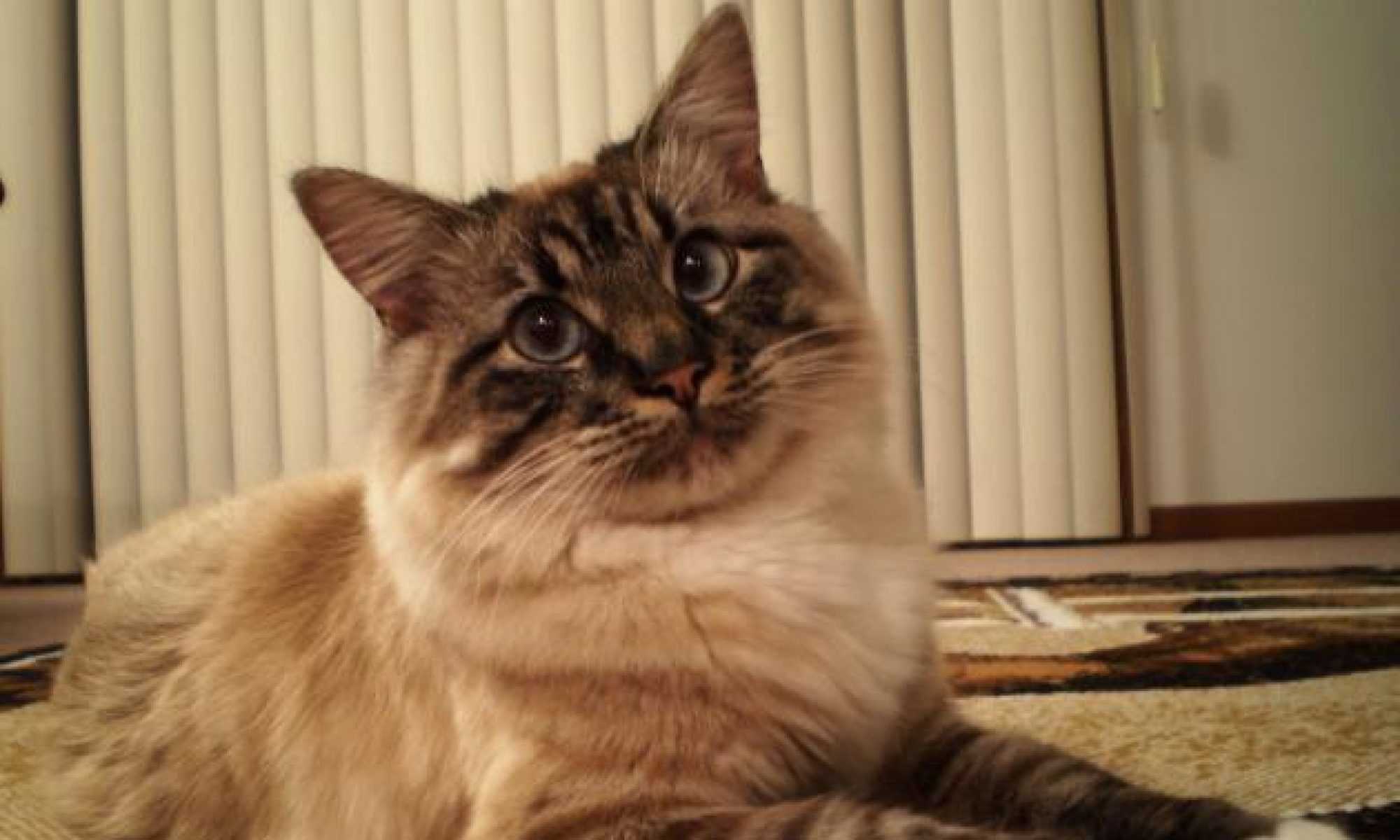
Training to reduce excitement barking takes patience and a calm approach. Dogs that bark due to excitement are easily aroused, and the owner may inadvertently stimulate more barking rather than less barking. Here are some simple steps to reduce excitement barking.
- Give the dog a favorite toy to carry when it is excited. Holding the toy can calm the dog and cause it to make less noise because its mouth is full. This strategy may stop the barking only temporarily, but it can help you gain control.
- Be calm when you come home or when someone arrives at the door and causes your dog to begin barking.
- Do not fuss over the dog or show extreme emotion when you greet the dog. Dogs reflect their owners’ demeanors.
- Ask the dog to perform a behavior it knows wells, such as sitting. Giving the dog a task helps release stress. However, don’t make the dog sit still too long while it is excited or you may cause the dog’s stress level to increase, creating a response that is counterproductive.
- Use hand signals rather than voice commands when working with an excited dog. Dogs are visual and often respond more quickly and easily to a hand signal than to a spoken command. Besides, when a dog is barking loudly, it may not hear your command, forcing you to be louder. This increase in volume only escalates the problem. Two popular hand signals are a hand out with the palm forward to the dog (like a stop signal) and a finger held to the mouth in a “shushing” position.
- When the dog is barking because it is eager to go outside or because someone is at the door, try stopping in your tracks and freezing until the dog is quiet. The dog likely will stop to see what you are doing. Take a step forward only when the dog is quiet for a few seconds. If it barks again, freeze again. You may take several minutes to reach the door the first few times you do this, but if you are consistent, the dog quickly will learn that barking elicits the opposite response from the one it wants.
- If the sound of the doorbell causes excitement barking, ask a friend to help you train the dog. Have the friend ring the doorbell and wait while you train the dog. Use either the sitting technique or the freezing technique described previously to control the barking. Open the door, and have your friend come in and stand quietly inside the door without saying anything to you or paying attention to the dog. When the dog is calm and quiet, reward the dog with a treat or favorite toy. You may need to repeat this approach several times until the dog is no longer excited. Repeat with additional friends until the dog no longer barks when the doorbell rings.
- Often other dogs are the trigger for excitement barking, especially if a dog has limited opportunity to see or play with other dogs. Some owners mistake excitement barking for aggression, but in many cases the dog is not aggressive, just too enthusiastic. Socialization with other dogs can help in this situation. A good first step is to find someone who has a calm, well-socialized dog and is willing to help you. Try walking both dogs on leashes, keeping them apart but going in the same direction. The goal is for the excited dog to learn to accept the presence of the other dog without the need for immediate contact and play. Over time the dog likely will become calmer. Vary the dogs that you walk with so that your dog has differing experiences. Local dog parks or dog training clubs are good sources of other dogs and owners willing to work with you.
- Chronic stress also can cause excitement barking. Dogs can become chronically stressed if they spend considerable time alone or confined to a crate and may need more exercise, closer contact with humans, or a “job” to do. Mental exercise can be as important as physical exercise. Obedience lessons, agility, and other dog sports can help with stress. Alternatively, consider finding someone to walk the dog when you are not available.
Contributor
Elizabeth Wells, Ph.D., Michigan State University
For More Information
Socialization of Dogs and Puppies
